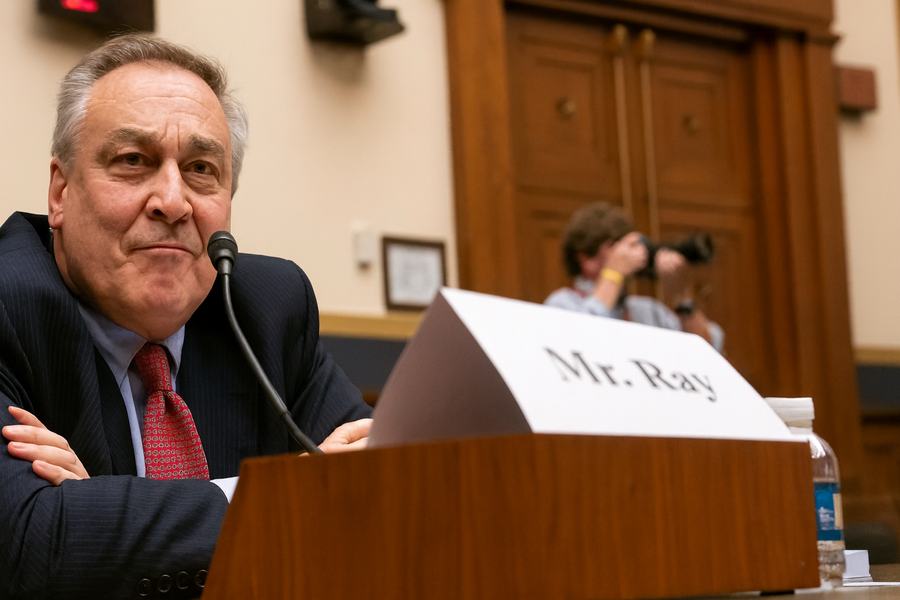Panama City has announced that it will accept Bitcoin, Ethereum, and stablecoins like USDC and Tether as payment for public services, marking a significant step forward in the country's growing acceptance of cryptocurrencies. Locals will be able to use these digital assets to pay for taxes, permits, fees, and tickets after the city's council approved the proposal this week, which Mayor Mayer Mizrachi confirmed on social media.
The city will partner with banks to facilitate the conversion of cryptocurrencies into fiat currency, ensuring public institutions receive funds in USD. While Panamanian lawmakers have not always embraced digital assets – in 2022, President Laurentino Cortizo partially vetoed a bill to regulate Bitcoin and decentralised organisations, citing the need for better alignment with Panama's financial system – the capital city found a way to implement crypto payments without requiring new legislation.
Panama's move mirrors the increasing global adoption of cryptocurrencies, following countries like El Salvador and the Central African Republic that have already recognised Bitcoin as legal tender. Some Swiss regions have also started accepting digital currencies for public services. At the same time, Fiji and Tonga have considered recognising the token as an official currency, signalling a shift from treating crypto solely as speculative assets to recognising their potential as functional payment methods.
Sources:
1.

2.

The Russian government plans to amend its criminal code to officially define “cryptocurrency” and related terms, making it easier for law enforcement to seize digital assets during investigations. :contentReference[oaicite:1]{index=1}
3.










